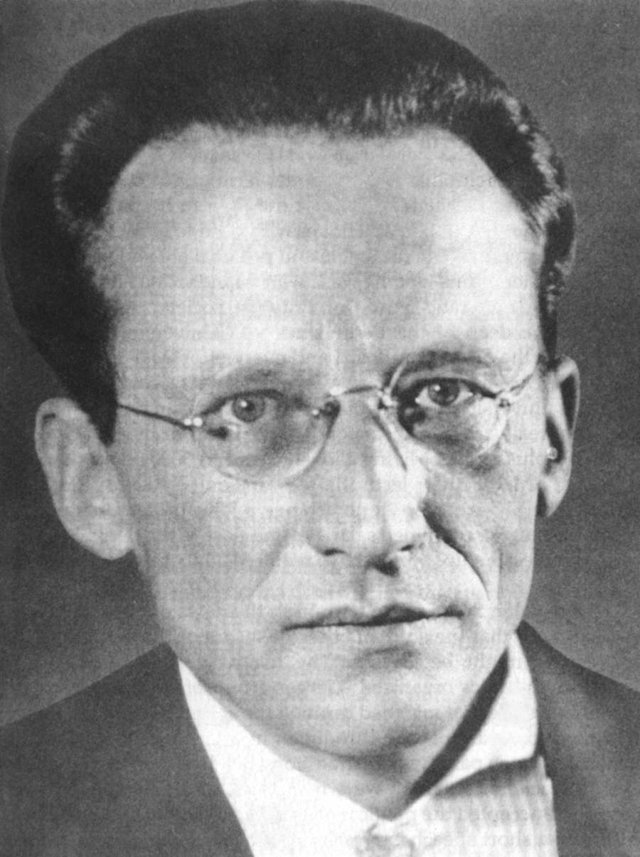Schrödinger's gardenia: Does biology need quantum mechanics?
Ars Technica » Scientific Method 2012-12-12

In a real sense, everything is quantum mechanical: matter and interactions are governed by the rules of quantum physics. True, we haven't figured out how gravity fits in yet, but the structure of atoms, nuclei, molecules, and solids—along with the characteristics of light—are best described by quantum mechanics. However, we don't need to take the unique features of quantum mechanics into consideration when modeling many systems, including most in chemistry or biology.
Nevertheless, it is possible life has evolved to exploit some quantum phenomena, including coherence and tunneling. In a new Nature Physics review article, Neill Lambert and colleagues examined the evidence in favor of quantum biological phenomena in photosynthesis, photoreception, magnetic sensation, and even our sense of smell. They conclude that the evidence is ambiguous: compared with other biochemical processes, any uniquely quantum influences appear small.
For something to be considered fully quantum, the researchers used the criterion that it could not be fully described using heuristic models. (The authors refer to such heuristic depictions as "classical." Though that's common, it's also misleading: talking about chemical bonds, electron transport, and the like isn't exactly the language of classical, Newtonian physics.) By contrast, quantum mechanics requires the use of the quantum state, the physical and mathematical description of a system that encodes the probability of the outcomes of measurements.
Read 15 remaining paragraphs | Comments